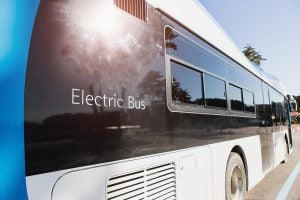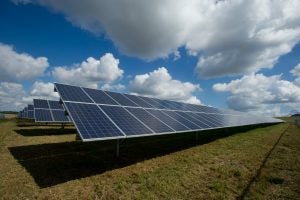 North Carolina is already reeling from the impacts of climate change in the form of severe weather, sea-level rise and extreme heat. Our people and our communities are bearing the cost of inaction. Solutions are needed now, and thankfully more state leaders, like North Carolina Gov. Roy Cooper, are stepping up and pledging to take action to reduce greenhouse gas emissions.
North Carolina is already reeling from the impacts of climate change in the form of severe weather, sea-level rise and extreme heat. Our people and our communities are bearing the cost of inaction. Solutions are needed now, and thankfully more state leaders, like North Carolina Gov. Roy Cooper, are stepping up and pledging to take action to reduce greenhouse gas emissions.
In October 2018, Gov. Cooper issued Executive Order 80, which set a goal of reducing North Carolina’s greenhouse gas emissions 40% by 2025 and called on state agencies to develop plans for achieving that goal. Last month, the North Carolina Department of Environmental Quality, along with other state agencies, did just that by issuing a series of plans for how North Carolina will tackle climate change here at home.












